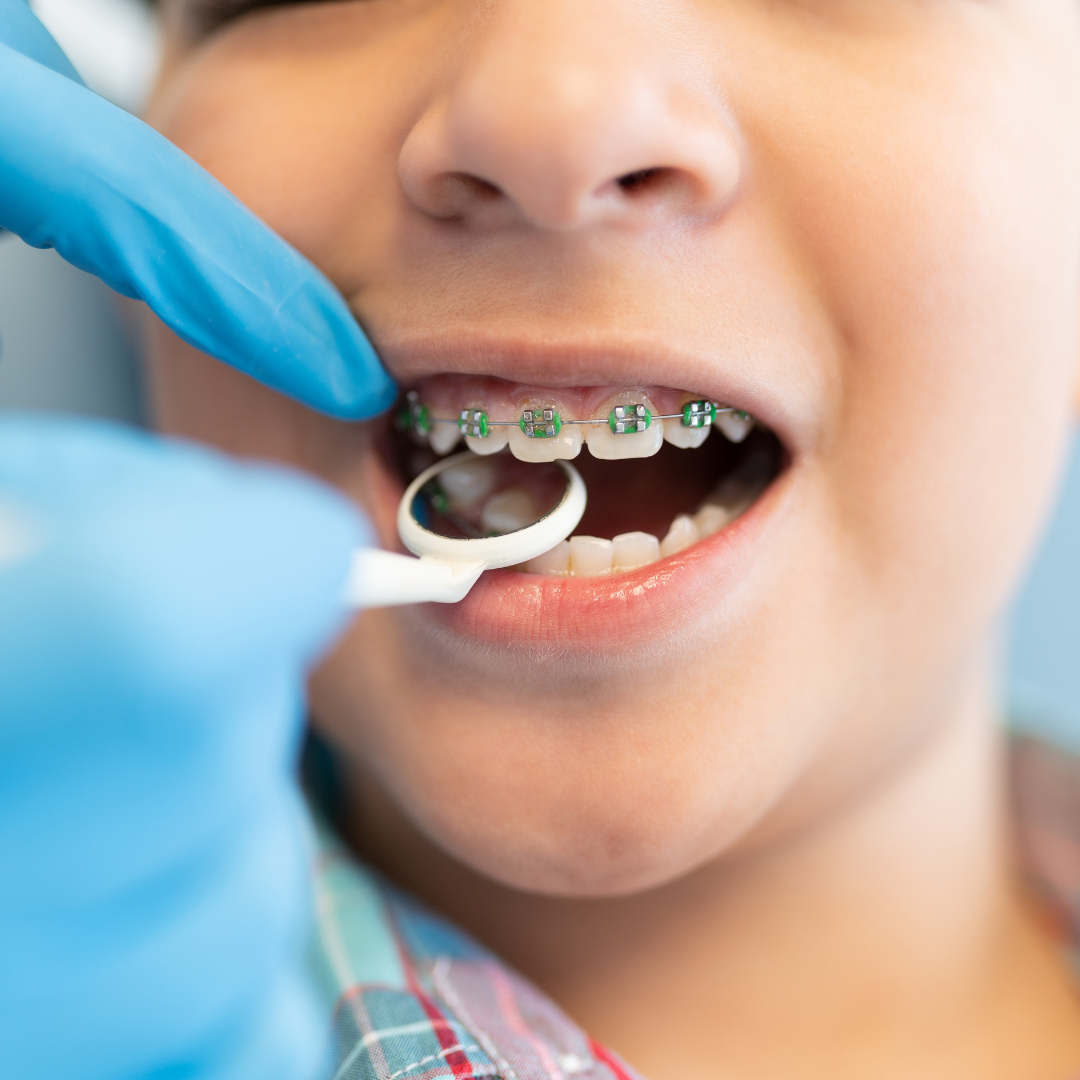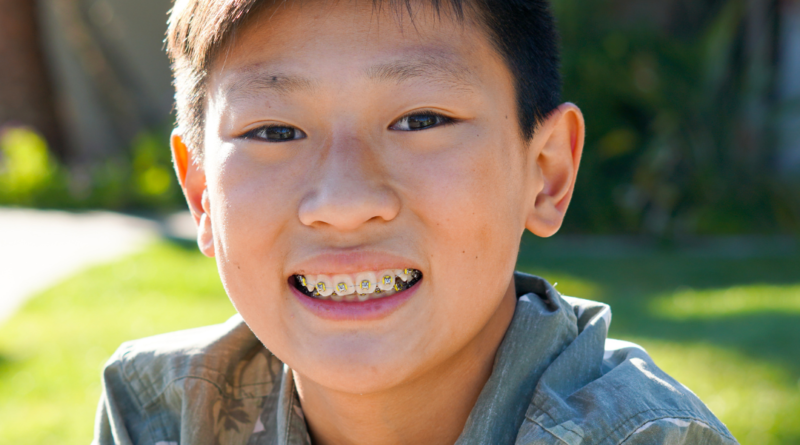Helping Your Child Deal with Braces
Braces are a common dental treatment for children, but they can be difficult to adjust to. If your child has recently been fitted with braces, it’s important to help them adjust to this new experience. Here are some tips on how to help your child adjust to braces.
Explain the benefits of braces
It’s important to take the time to learn more about braces and tell your children why they need braces. This could include having straighter teeth, a more beautiful smile, and improved oral health. It’s important to help your child understand that the temporary discomfort they may experience while adjusting to their braces will ultimately be worth it in the end. You can also share stories of your own or others’ positive experiences with braces, to help your child feel more positive about the process.
Prepare for the initial discomfort

When your child first gets their braces, they may experience some discomfort. This can include soreness in the mouth and difficulty eating. To prepare for this, make sure to have some soft foods on hand, such as soup, mashed potatoes, or yogurt. Encourage your child to eat slowly and take small bites to avoid aggravating any sore areas. You may also want to have some over-the-counter pain relievers on hand, such as acetaminophen or ibuprofen, to help ease any discomfort.
Encourage good oral hygiene habits
Maintaining good oral hygiene is crucial when wearing braces. Make sure your child knows how to properly brush and floss their teeth and encourage them to do so regularly. It may be helpful to provide them with a specialized toothbrush designed for braces, as well as floss threaders or interdental brushes. Remind them to brush after every meal and before bed, and encourage them to use a fluoride mouthwash to help prevent any cavities or gum disease.
Schedule regular check-ups

Going to regular check-ups with the orthodontist is important when wearing braces. This allows the orthodontist to make any necessary adjustments and check for any issues, such as broken brackets or wires. Make sure to schedule these appointments in advance and remind your child when they are coming up. It’s important to attend all scheduled appointments to ensure the braces are working properly and to prevent any complications. If you live in Australia, for instance, you might check out an orthodontist in Chatswood who has the right skills, knowledge, and experience when it comes to kids and their braces, so look for these people ASAP.
Be patient with speech changes
Wearing braces can affect your child’s speech. It may take some time for them to adjust and speak clearly again. Encourage your child to practice speaking and be patient as they adjust to the braces. It may be helpful to have them practice reading aloud or speaking in front of a mirror to help them become more comfortable with their new speech patterns.
Help them choose braces-friendly foods

Some foods can damage or get stuck in the braces, making it difficult to clean them. Encourage your child to choose foods that are braces-friendly, such as soft fruits, cooked vegetables, and lean protein. Avoid sticky or hard foods, such as caramel, gum, or popcorn, which can get caught in the braces and cause damage or discomfort.
Provide emotional support
Wearing braces can be tough for some children, especially if they feel self-conscious about their appearance. It’s important to provide emotional support and reassure your child that the braces are temporary and will ultimately lead to a healthier smile. Encourage them to express their feelings and offer positive reinforcement when you notice improvements in their smile. You can also remind them of the end goal and celebrate milestones along the way.
Celebrate milestones

Braces are typically worn for a couple of years, so it’s important to celebrate milestones along the way. This could include taking progress photos or treating your child to a special activity once the braces are removed. Celebrating milestones can help your child feel more positive about the braces and remind them of the progress they are making toward a healthier smile. It can also help them feel more motivated to take good care of their braces and maintain good oral hygiene habits.
Helping your child adjust to braces involves everything mentioned here, from explaining the benefits to providing emotional support. With your help, your child will adjust to their braces and ultimately achieve a healthier, happier smile.



